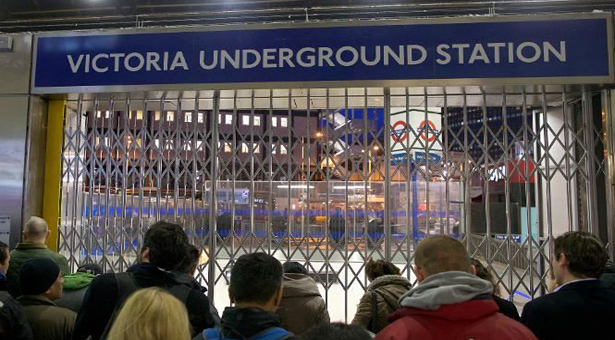Sound Smarter in Sixty Seconds (SSISS) is a new column by Mothership where we brief you on the important headlines of the day. We will also contribute our views on the issues at hand.
Begnino Aquino compares China's efforts to claim disputed territories with those of Nazi Germany's.
China and the Philippines are locked in a territorial dispute over parts of the South China Sea. The Philippines seems to have lost effective control of a reef called Scarborough Shoal after its forces withdrew during a standoff with China in 2012. Aquino warned “if we say yes to something we believe is wrong now, what guarantee is there that the wrong will not be further exacerbated down the line?”. He was calling for more support against China's territorial claims and drew a comparison with the West’s failure to support Czechoslovakia against Hitler’s demands for Czech land in 1938. China's official Xinhua News Agency said in a commentary that Aquino's claims was a "senseless attack" and that his remarks “exposed his true color as an amateurish politician who was ignorant both of history and reality.”
While history showed that Germany went on to start World War II, China is unlikely to start or participate in a war because it is on the cusp of becoming the de facto world superpower in the next two or three decades. War is an unnecessary risk for China. The war-fatigued American public will likely agree that the United States, an ally of the Philippines, should stay out of this unless the situation is absolutely dire to the United States' interest.
Planned job cuts spark London Tube strikes, disrupting commuters
Transport for London (TfL), the operator of the Tube, had earlier announced that it would cut 960 jobs that were redundant to save up to £50 million a year. This triggered a planned two-day strike which ends on Thursday evening London time. The strike left the rail network working under reduced capacity, forcing many commuters to rely on the strained bus network. Many commuters simply took to walking to work instead. The London Tube moves about 4 million commuters daily on their rail network.
The strikes have caused major inconveniences for Londoners. From the macro view, this was bad for business. Hypothetically, if 4 million commuters decided not to turn up for work, the economic damage will likely exceed the £50 million saved in cost-cutting. The strong presence of the union in London should have been a mitigating factor when TfL decided to cut jobs. TfL could have provided contingencies for the possibility of a strike. Nobody likes to be fired. Nobody likes to be delayed in getting to work as well. Transport for London is a government body.
Top photo from here.
If you like what you read, follow us on Facebook, Instagram, Twitter and Telegram to get the latest updates.
